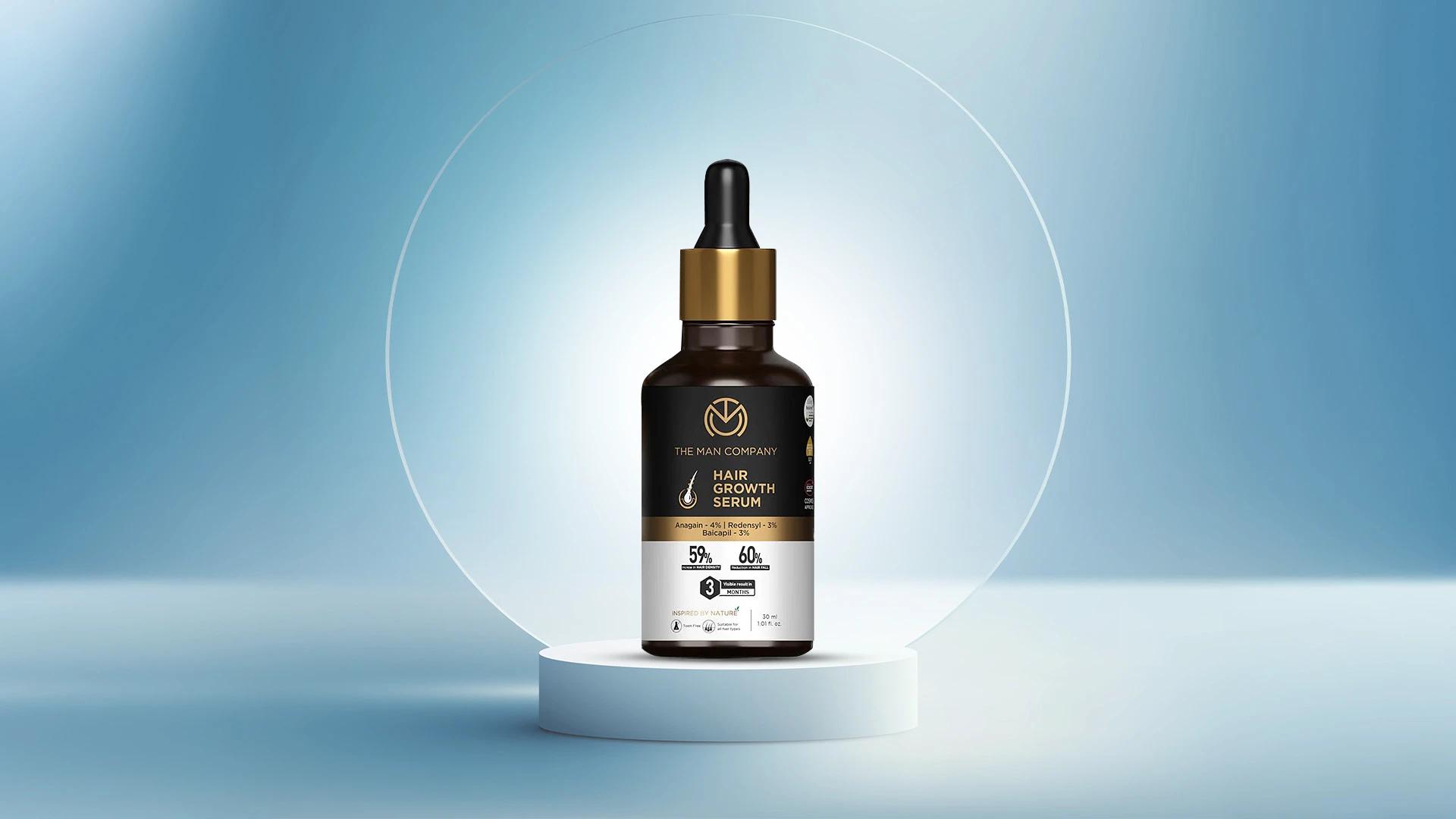Let's be real—your hair is basically broadcasting your health status to the world. If you've been wondering what to eat for hair growth, you're asking the right question. Your locks need proper nutrition just like the rest of your body, and the good news is that you can totally transform your mane from the inside out. Think of your hair follicles as tiny factories working round the clock, and they need the right raw materials to create those gorgeous strands. Ready to discover how food can be your secret weapon for enviable hair? Let's dive into this step-by-step guide that'll have you eating your way to better hair days.
Understanding the Hair Growth Cycle
Your hair doesn't just randomly decide to grow—it follows a pretty organised three-stage cycle. First comes the anagen phase, where your hair is actively growing (this lasts 2-7 years). Then there's the catagen phase, a brief transitional period where growth slows down. Finally, the telogen phase is when hair rests before eventually falling out to make room for new growth.
Here's where nutrition gets interesting: every stage of this cycle depends on specific nutrients. During the anagen phase, your hair follicles are working overtime and need a steady supply of protein, vitamins, and minerals. Poor nutrition can push more hairs into the resting phase too early, leading to thinning and slower growth. When you feed your body the right scalp-nourishing foods, you're essentially giving your hair follicles the fuel they need to stay in that productive growth phase longer.
Essential Nutrients for Hair Growth
Your hair is basically a reflection of your overall nutritional status, and certain nutrients play starring roles in creating strong, healthy strands. Think of these as your hair's non-negotiables—the nutrients that can make or break your growth game. The brilliant thing about focusing on nutrient-rich foods for hair is that you'll probably notice improvements in your skin and overall energy levels too.
Protein: The Building Block of Hair
Your hair is made up of about 95% protein, specifically keratin. Without enough protein sources for healthy hair, your body will prioritise other functions over hair growth. Eggs, fish, lean meats, lentils, and Greek yoghurt are your best mates here. Even if you're vegetarian, quinoa, hemp seeds, and chickpeas have got your back.
Vitamins for Hair Growth
Vitamins are like your hair's personal cheerleaders. **Vitamin A** helps produce sebum (your scalp's natural oil), whilst **Vitamin C** aids iron absorption and collagen production. **Vitamin D** creates new hair follicles, and **Vitamin E** protects against damage. But the real star? **Biotin** (Vitamin B7). Biotin-rich foods like eggs, nuts, and sweet potatoes can seriously upgrade your hair game.
Minerals That Promote Hair Health
**Iron** is crucial because it carries oxygen to your hair follicles. An iron-rich diet for hair health should include spinach, red meat, and lentils. **Zinc** is equally important—it helps with hair tissue growth and repair. Low zinc levels often lead to hair loss, so load up on pumpkin seeds, chickpeas, and shellfish.
Omega-3 Fatty Acids: Nourishment for Scalp and Hair


 100 ml
100 ml 90 N
90 N 30 ml
30 ml